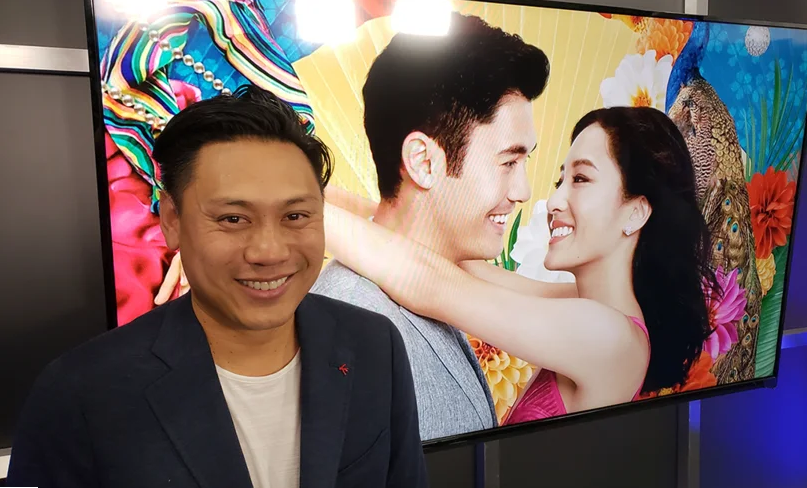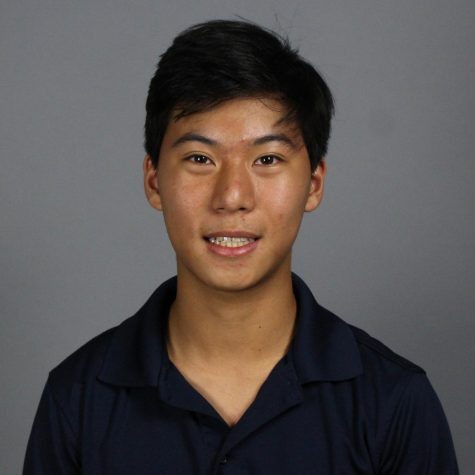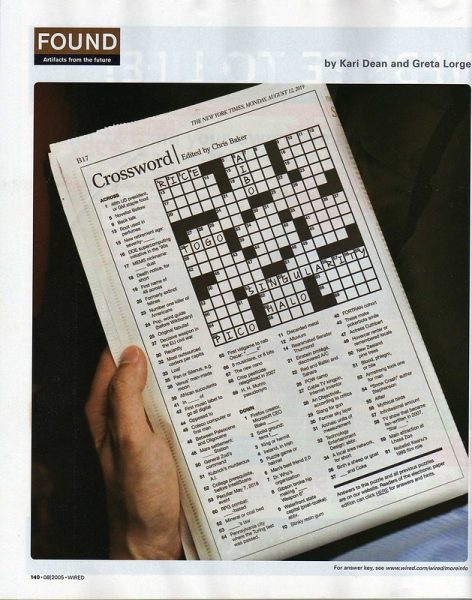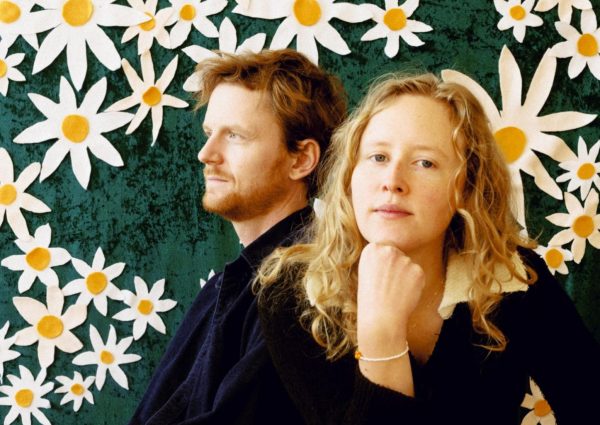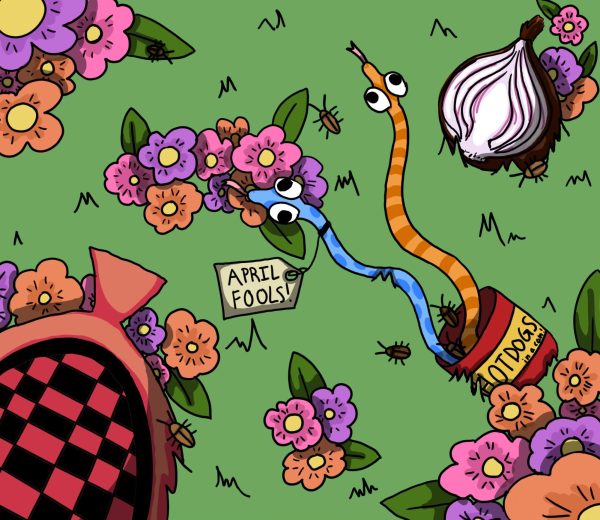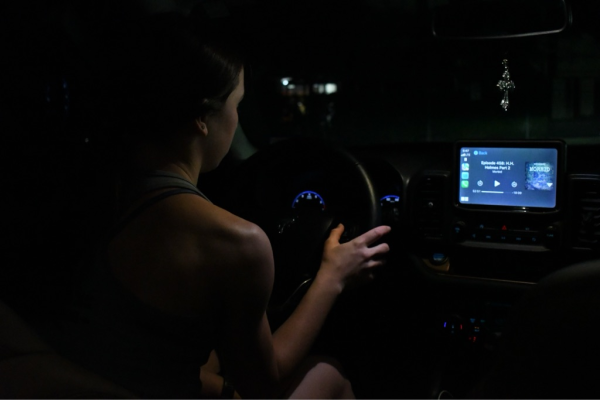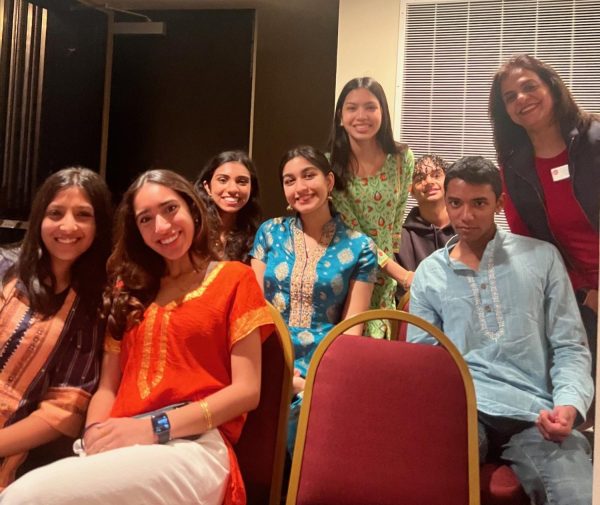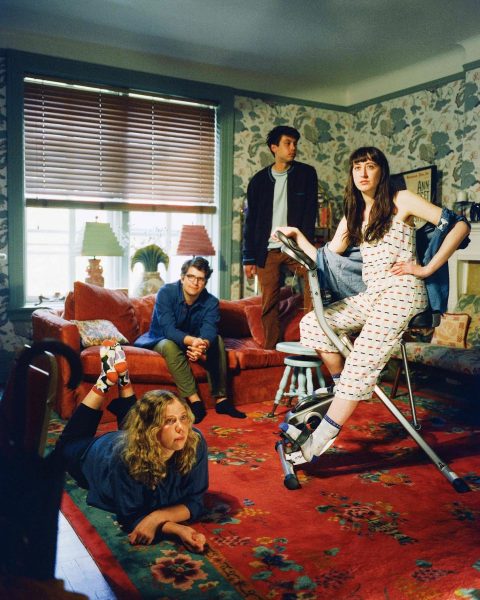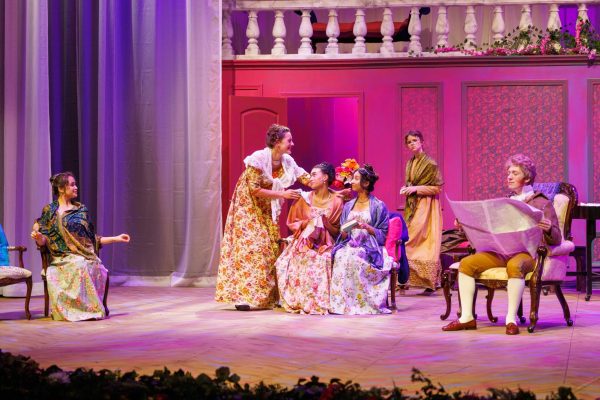#AsianAugust: “Crazy Rich Asians” Review
“Crazy Rich Asians,” directed by John M. Chu (pictured), is the first film by a major Hollywood studio to feature a majority Asian Cast since “The Joy Luck Club.”
September 11, 2018
August is the quintessential month of summer: think blockbusters, beach bashes and here on Claremont Lane, back to school. But this August’s crop of movies has earned itself a hashtag: #AsianAugust.
Over the course of ten days, three films featuring Asian actors in lead roles soared into the public view: Crazy Rich Asians, To All the Boys I’ve Loved Before and Searching. But this timing may not be a coincidence. After all, August is the eighth month, and both Chinese and Japanese cultures consider eight to be a number of prosperity. Given the history of stereotyping and yellowface in popular media, this increase in representation highlights some of the progress Hollywood has made on diversity—and what still needs to come.
Outside the isolated success of The Joy Luck Club released 15 years ago, few films with Asian leads have had success at the box office and remained popular over time. But recently, more Hollywood blockbusters have featured Asian-Americans in lead roles (see Kelly Marie Tran in Star Wars VIII, Daniel Wu in Tomb Raider), a trend epitomized in Crazy Rich Asians, which features actors of Asian descent in virtually every role.
Crazy Rich Asians is a film that embraces Chinese culture without trying to explain it. The movie is undeniably a rom-com, and while it only briefly touches on the more hard-hitting topics of immigration and assimilation, the film is immersed in the minutiae of the Chinese identity. Depictions of kitchens in the midst of preparing dim-sum and children making dumplings with grandmother are familiar to many Asian-Americans, but these cultural snapshots are not focal points of the film.
The most recurring nod to Chinese culture is the importance of family and the role of the matriarch. The story is centered around this concept: the prominent Young family of Singapore and their commander, Eleanor (Michelle Yeoh), pitted against the American girl who has stolen the heart of their heir, Nick Young (Henry Golding).
Portrayed as a cunning woman intent on preserving the status of her family and their company, much of the film’s conflict revolves around Eleanor’s machinations. Her interference in Nick’s life comes off as callous but in most cases is driven in part by motherly instinct. Chu emphasizes communication between the ensemble of female characters, and in the center of it all, Yeoh captures a character perfectly blurring the lines of antagonism: a mother focused on protecting her child as fiercely as a CEO would protect her corporation’s assets and reputation while also dashing the dreams of her son’s girlfriend in the same breath.
Rachel Chu (Constance Wu) provides a counterbalance. As Nick’s girlfriend, Rachel serves as a reflection of American culture and delivers a respite from the overbearing traditions and extravagant glamour of Singapore into which she is thrown by Nick. Rachel’s role as a Chinese-American, however, leads to her main clash with Eleanor: Rachel is passionate and self-sustaining—Eleanor’s definition of an American woman—yet because of these qualities, Eleanor doubts Rachel’s ability to give up her old life so that she can fit into Nick’s.
But perhaps the scene that will resonate most for both Asian-Americans and non-Asians alike is an addition illustrating the importance of family and the sacrifices people make to keep others happy, no matter the cost. Involving a fateful game of mahjong and the assurance that a poor immigrant girl still has a few cards of her own to play, director John Chu shows viewers that despite her background, Rachel understands the values of family, and ultimately chooses that over her own happiness.
Crazy Rich Asians is a lesson in the power of Asian characters. The cast delivers a compelling story on multiple levels and shatters the concept of Hollywood’s past Asian roles. Many Asian-Americans have grown up without seeing themselves reflected on the big screen, but Crazy Rich Asians has changed this. The film is sprinting towards a future of representation, and although it does not feature many non-East Asian characters, Crazy Rich Asians is a launchpad for much-needed conversations about diversity in film. Asians characters should not be written into cookie-cutter stereotypes anymore—this movie proves it—and the time for change has come.



